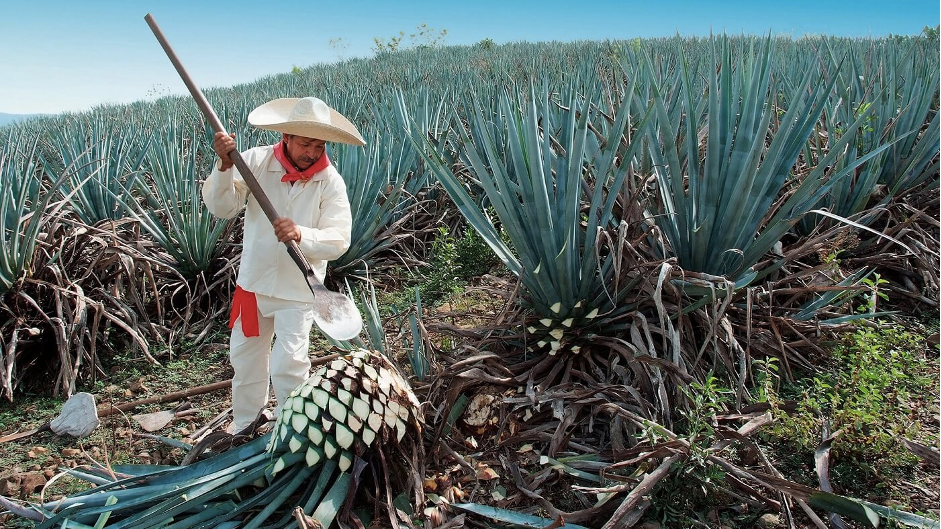Accelerating gender-responsive climate resilience in Latin America
Learn how a Race to Resilience partner, Scale for Resilience, is empowering women in Latin America to drive climate resilience.
Location & Region: Jalisco, México / Latin America
Partner: Regions4
Implementers: Jalisco State Government, Tequila Regulatory Council (CRT)
Area and sector: Rural/ Agriculture, sustainable production, halting deforestation
Tequila production is one of the main economic activities in Jalisco, Mexico. In 2020, production records were broken in Mexico, with 73% of production taking place in Jalisco. However, this has significant environmental and social impacts, such as deforestation and degradation of Jalisco’s temperate and tropical forests.
To address this situation, the Jalisco State Government signed a Collaboration Agreement with the Tequila Regulatory Council (CRT) to establish the basis for the formulation and implementation of an institutional cooperation scheme that would contribute to the sustainability of the sector. The initiative includes the design and implementation of the protocol and certification “Environmental Responsible Agave (ARA)” brand, the promotion of responsible production processes and the guarantee of forest conservation, with the aim of halting the deforestation of natural forests associated with tequila production by 2027. To accelerate this, technical roundtables were established to help innovate, develop technological solutions, and promote better production practices for the conservation of biodiversity and forest restoration – all with the aim of improving the environmental footprint.

Image: Rafael Reynaga
The goal: 50% reduction of deforestation by 2024, and 100% reduction by 2030
The initiative’s success depends largely on collaboration with industry. In addition, at the State level, inter-institutional collaboration with the ministries of economy and agriculture has been necessary to align and integrate economic and environmental policies to implement certification. Municipal authorities have also been involved in the dissemination of the brand and the training of technicians and producers.
This initiative is framed into a State Strategy to stop deforestation by productive activities, that in addition to livestock and avocado production regulation (in development), the implementation of this protocol has raised the ambition to a 50% reduction of deforestation by 2024, and a 100% reduction by 2030.
Learn how a Race to Resilience partner, Scale for Resilience, is empowering women in Latin America to drive climate resilience.
Climate Champions’ Global Ambassador Sheela Patel outlines her vision for the Roof Over Our Heads campaign designed to help women leaders from informal settlements to advance resilient, low carbon and affordable homes and solutions for their urban communities thereby advancing the overall climate resilience of their cities.
Partner: YAPU Solutions Implementer: COK Sodality Co-operative Credit Union Country & Region: Jamaica, Caribbean SAA Impact Systems: Human Settlements Impact / Beneficiaries: Members of COK Sodality Co-operative Credit Union, which includes over 275,000 individuals, encompassing Micro, Small, and Medium Enterprises (MSMEs) and low-income households across Jamaica. Jamaica, an island nation celebrated for its breathtaking landscapes […]
Daraja, an early warning system for informal resident systems, has been awarded Bronze in a World Habitat competition to demonstrate exceptional work in providing or promoting access to adequate housing.